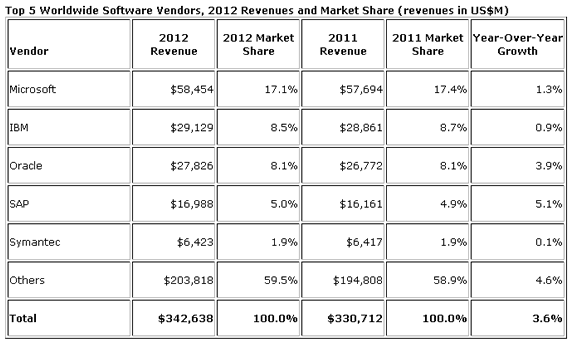 The final appeal is out and Oracle has lost its appeal against a Californian judge’s ruling that it will have to keep porting its software to Hewlett-Packard’s Itanium-based servers.
The final appeal is out and Oracle has lost its appeal against a Californian judge’s ruling that it will have to keep porting its software to Hewlett-Packard’s Itanium-based servers.
But as the cleaners clean the blood off the court room walls, it is clear that the case will have some impact on the way suppliers do business.
The case centred on the so-called Hurd Agreement, which HP and Oracle negotiated after Mark Hurd left the company and joined Oracle. Oracle felt that the agreement was a statement that the two companies would work together as they did before their spat. Oracle co-President Safra Catz claimed that such a statement was a non-binding “public hug”.
The judge thought that public hugs should be considered legally binding, depending on who was doing the hugging. He pointed out you can’t write down a phrase like “Oracle will continue to offer its product suite on HP platforms … in a manner consistent with that partnership as it existed prior to Oracle’s hiring of Hurd” and hope that no one would take you literally.
“The sentence can only be reasonably interpreted as requiring Oracle to continue offering its product suite on HP’s Itanium platforms,” Kleinberg wrote.
It went without saying Oracle appealed, but other judges also nodded sagely and said that it did not matter what Ellison thought he had signed, the agreement was there in black and white.
While the situation is extraordinary, it could herald a new era of partner agreements.
The case effectively said that any agreement has to be written down carefully and mulled over by the legal team before it is signed. It also says that anything put in writing has to be looked at as if it was chiseled into Egyptian granite for all time.
While this might seem obvious, it clearly was not in Oracle’s mind it has some of the most expensive, er, best, lawyers in the world.
Already analysts are muttering that you will never see another “public hug” deal like this again. Every agreement between suppliers will have a start date and an end date.
This is one of the reason why the channel should be dusting off their legal contracts with their suppliers post haste. Many of them will find that they have signed vague expressions of love and devotion which could get them in hot water.
Some of these contracts are like a pre-nuptial agreement, which are signed when the partners are in love and only reviewed when they are arguing custody over the CD collection.
Software deals in particular can be problematic, which are particularly ripe for a major legal row when something goes wrong for a mutual customer.
Fortunately a lot of lawyers have written in clauses into such for the contracts to be reviewed, or renewed. The problem is that if they are not renegotiated it is possible, as HP did, to stand up and demand it be taken literally.
The Itanium case also proved that trying to get out of a deal with bad grace might also backfire. Oracle really hates having to support Itanium, but if it assigned its worst developers to make sure the porting was stuffed, Ellison could be back in court facing a contempt charge.
Because the court has become involved, Oracle is painted into a corner and must be a dedicated follower of Itanium. Its ability to duck out of the plan is even more restricted than Intel or HP.
No company would ever want their partner to have that much power over their business decisions. So it is probably better to check out what those old contracts look like before you pick a fight with your channel partners.
 Oracle is opening a data centre in the UK to support the government’s G-Cloud procurement project, designed to provide more choice to public sector departments.
Oracle is opening a data centre in the UK to support the government’s G-Cloud procurement project, designed to provide more choice to public sector departments.








